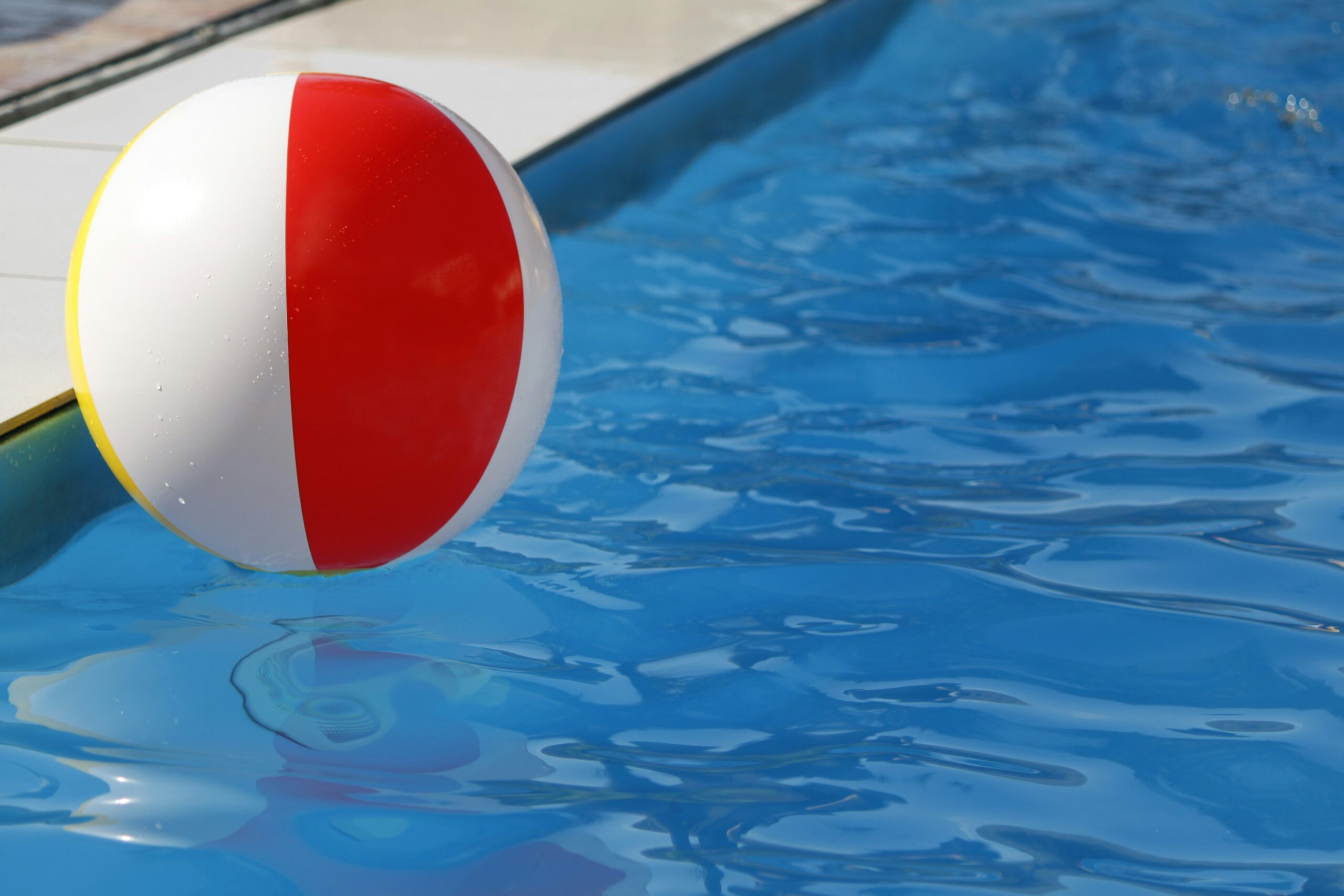Comparing Single Speed vs Variable Speed Pool Pumps
Maintaining a crystal-clear and healthy swimming pool requires effective circulation, a task primarily handled by the pump in your pool systems. Choosing the right type of pump for your pool can have a large impact on the overall performance and any need for maintenance. In this comparison, we’ll explore the primary differences between single speed and variable speed pool pumps, evaluating their efficiency, costs, and suitability for different pool types.
Why is circulation important for pool maintenance?
Proper circulation is vital for distributing chemicals, preventing the buildup that comes with stagnant water, and ensuring uniform water temperature. A well-circulated pool also minimizes debris accumulation, enhances water filtration, and lays the foundation for a clean and healthy swimming environment by optimizing the capabilities of your pool filter.
Does the size of the pool affect circulation and your pool pump?
The size of your pool will have a direct influence on the required circulation rate. Larger pools need to be equipped with stronger pumps to achieve the desired water turnover rate compared to small pool units. Selecting the right pump size ensures optimal circulation, preventing issues like dead spots and poor filtration. This size and speed comparison is crucial for maintaining water quality and preventing the growth of algae and bacteria.
Is one type of pump better than the other for saltwater pools?
When it comes to salt water pools, it’s not uncommon for home owners to hesitate when considering which pump to invest in. The addition of salt to the pool may leave homeowners concerned that their equipment may not work properly or even deteriorate rapidly with the introduction of salt over chlorine in the water. The truth is, both systems will work for your pool, salt or not!
However, variable speed pool pumps are arguably considered the best overall option for all pools. Let’s get into why we think so!
What is a single speed pool pump?
A single speed pump operates at a consistent speed, providing a constant, fixed flow rate for your pool. While these pumps are generally less expensive upfront, they may come with drawbacks such as higher energy consumption and limited control over water flow.
Understanding the features and limitations of single speed pumps is crucial for making an informed decision and evaluating costs over the long-run.
How much power and cost do single speed pool pumps cost a year?
Since single speed pool systems work at a constant speed, it is important to understand the full scope of the financial impact this pump has long term. Depending on the size of the pool and the amount of time your pump should run each day, plus affinity law, costs per month could be at little at $75, to upwards of $150 a month.
The benefits of using a single speed pool pump
While there are potential negatives that come with using a single speed pump, there are also some benefits to keep in mind. First and foremost, the initial out of pocket cost is substantially less when purchasing a single speed pump versus a variable pump. Additionally, maintenance and parts are simple to repair or replace as the unit’s design is not as complex as its variable speed counterpart.
What is a variable speed pool pump?
Variable speed pool pumps are pump systems that allow pool owners to control the rate and speed of circulation in their pool using a magnet motor. These types of pool pumps are best known for their efficiency and flexibility, offering both monthly savings on electricity, as well as more control over how the pool functions.
How much power and cost do variable speed pool pumps cost a year?
Pool pumps with more than one speed can be set to run at optimal settings in order to save money, as well as be energy efficient. Overall, the cost to operate a variable pump will depend on the size of the pool and the schedule in which the pump is running, but the monthly expenses should be around 80% lower than a standard single speed setup.
The benefits of using a variable speed pool pump
With the elevated system, pool pumps are able to run continuously all day without putting a strain on your wallet. That means constant pool circulation for a fraction of the price a single sleep pump would require. Additionally, these units make less noise and are expected to have a longer life expectancy.
GPS Pools sells and installs pool pumps for all sizes and needs
No matter what your family pool needs, we’re here to help! GPS Pools serves the greater Tampa Bay area, supplying our community with the pool equipment, the tools, and the services your home needs for the perfect swimming experience.
Call our experts today for a recommendation and quote for your pool!

